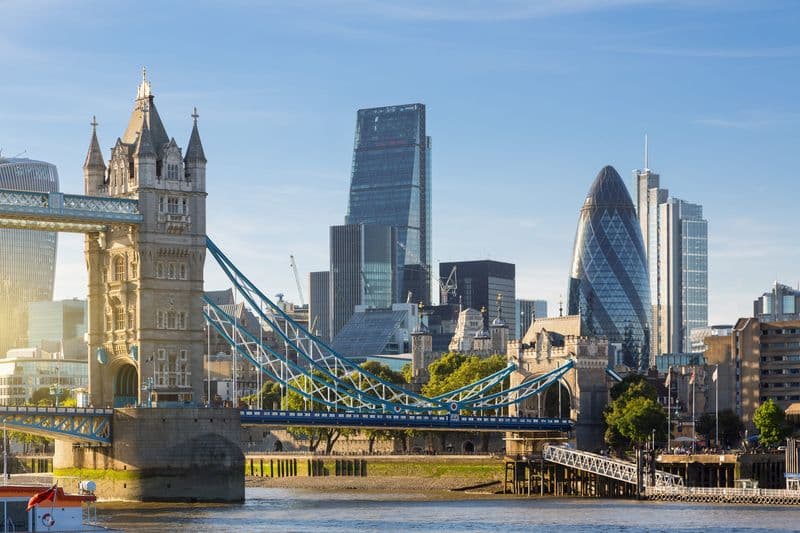
What exactly is banking? The simple answer is that it is a process by which funds are transferred to one party from another in exchange for a future payment from the first party. A bank is basically a financial establishment that takes deposits from the general public and then makes a demand loan while simultaneously creating an investment account.
Borrowing activities can also be done both directly or indirectly through various financial markets. Banks, therefore, are the central clearinghouse for most financial transactions on the national level. As we look at what is banking, the term ‘money’ is the first thing that comes to mind.
Money comes in many different terms. In common parlance, money is the currency in which most transactions take place, and it is also the asset with the greatest potential for gain. In some instances, a particular country’s currency is referred to as the ‘base’ currency that acts as the universal currency of trade on the planet.
In terms of a general concept, all money is created equal. It is created through a process known as ‘creative accounting’. This process involves the creation of new financial instruments (deposits) based on transactions that already have occurred. For example, if you deposited $100 into your checking account, the amount you deposited was an ‘out-of-pocket expense’ that was recorded on your account, not because of any ‘creative accounting’ activity by the bank.
The process of creative accounting occurs regularly on all accounts’ balance sheet because all of the accounts are used for the same purpose: to transfer funds. The purpose of each account is to make available funds to pay an expense. In addition to this general idea of ‘accounting’, we will also need to look at what is banking in the context of other areas of the financial marketplace.
First of all, we will need to understand that there are many types of financial marketplaces that we can refer to as ‘banks’. Some of the largest banks around the world are located in North America. However, these larger institutions are only a small percentage of the total number of banks. All around the world, many small banks exist, too. There are also several international banks that do not maintain a physical location, but instead, rely on international banking centers to conduct their business.
Another part of the answer to what is banking is the question of who can be considered a ‘bank’. Most people will think of a bank as a bank with a branch office and a vault. In general, these types of banks can handle more than one type of account. The most common type of account is called a savings account.
The next part of the answer to what is banking is the question of what types of accounts can be opened through a bank. Many people may think of savings accounts as the typical bank account, but there are many others. Many people will think of checking accounts, savings accounts, CDs, money market, certificates of deposits, money market accounts, savings, CDs, money market, etc. In fact, you can open up to ten different types of accounts through the same bank and all of these accounts can be used to pay expenses.
Another example of this is a savings account. A bank can offer a number of different savings accounts, which can be used to pay expenses. In addition, these different types of accounts can be opened up to credit cards, loans, mortgages, real estate investments, and much more.
One last piece of the answer to what is banking is an understanding of what types of assets can be held in accounts. In general, accounts can be held in ‘checking’ accounts, savings accounts, and even overdrafts. An overdraft is an account which is being used to pay for a debit balance that is past due or a portion of an account which is overdue. With an overdraft, there are several different options, including the ability to roll the balance over or transfer funds to another account.
So, now we have an answer to the question of what is banking. What are some of the different parts of the answers to what is banking? While some people can do without these parts, most people do need some knowledge of them. Without proper knowledge of what is banking, it can be difficult to be certain that you are making wise financial decisions.


